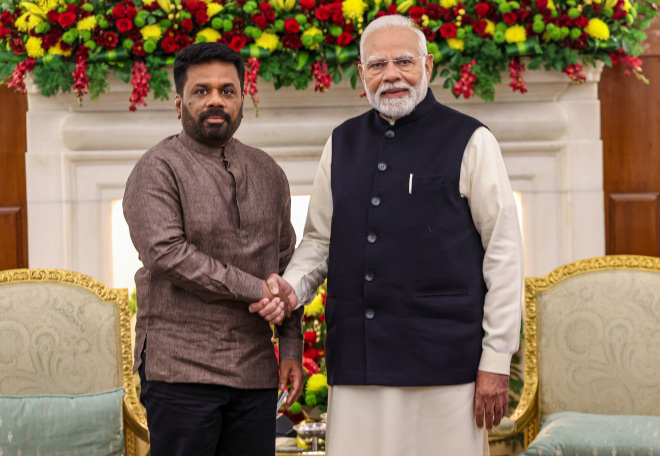NEW DELHI (PTI): Vice Chief of Army Lt Gen M M Naravane on Friday pitched for greater indigenous research and development in the defence sector to address future requirements, saying if it is not done then the country would always be dependent on import from abroad.
Addressing a gathering of army officers and representatives from the industry, he also asserted that now there were several initiatives of the government to once again build on the inherent capabilities, many of which India had "somehow allowed to dwindle" over the years.
"Our defence needs are concerned with what is available rather than what is actually required, especially when we source our requirements from abroad. But, those companies have been keeping their country's requirements in mind and not ours, and so may not meet 100 per cent of our operational needs," Naravane said.
He said, there is a need to change the tactics to conform to the capabilities and here in the 'Make II' programme marks a "fundamental shift".
"We will tell what we require and what our problems are and based on that solutions would be tailor-made to our requirements. It would be a consultative process between us and the defence industry, but there would always will be a cost-benefit analysis," the vice chief of Army said.
He said the product had to be "cheap and robust" because budgets are always under constraint.
"But, we will be able to proceed on this front only if we invest in our R&D, and I think that has been our greatest weakness," he said.
"I know R&D is not easy, and uncertain return on investment or when will it fructify -- it is difficult to tell... But, unless we think of R&D, think of our future requirements, we would always be playing catch up, and if we are always playing catch up, then we will always be dependent on import from abroad. So, that is the area, we need to focus on and try to become self-reliant," Naravane said.
To encourage participation of the private sector in defence design and production and to give a boost to 'Make in India' programme, the Defence Acquisition Council (DAC) had introduced significant changes in the 'Make II' category of the Defence Procurement Procedure, the Defence Ministry had earlier said.
The DAC also simplified the procedure to make it industry friendly, with minimal government control.
The revised procedure will now allow the Defence Ministry to accept proposals from the industry and also allow start-ups to develop equipment for the Indian Armed Forces.
According to the earlier 'Make II' procedure, only two vendors were shortlisted to develop prototype equipment.
"Now, all vendors meeting the relaxed eligibility criteria will be allowed to participate in the prototype development process. The vendor will not be required to submit a Detailed Project Report," the Ministry had said.
After accord of approval of the 'Make II' project by the council, all clearances will be accorded at Service HQ (SHQ) level.
Naravane also said that there was a need to develop "mutual understanding" between the armed forces and the industry.
"We don't know each other, whether it is on procedures, capabilities. our constraints... That is the first barrier that we have to cross, to understand this and then will be able to streamline what we are doing," he added.
He also asserted that indigenisation and 'Make in India' would help in making the armed forces self-reliant.
As on date, the Army has put out 32 projects under the 'Make II' category for the industry to take up, some of which were unveiled at the seminar.
Director General, Perspective Planning, Lt Gen Raj Shukla, in his address, said, of all goes well, the Army could start inducting some of the solutions by September 2020.
Citing example of the use of drones for carrying material, he said the Army spends about Rs 400 crore on mules, means of transporting rations and materials in inhospitable terrains. He added indigenous drones can help bring change in that area.
Vice Chief of Army pitches for greater R&D in defence sector to address future requirements
Article Posted on : - Oct 11, 2019
Other Related News
India, Sri Lanka decide to ramp up defence, energy, trade ties
India and Sri Lanka Monday adopted a futuristic vision to expand their partnership, resolved to soon conclude a defence cooperation pact and decided to ramp up energy ties by establishing electricity grid connectivity and multi-product petroleum pipelines.
 Previous Article
Previous Article













The Indian Air Force, in its flight trials evaluation report submitted before the Defence Ministry l..
view articleAn insight into the Medium Multi-Role Combat Aircraft competition...
view articleSky enthusiasts can now spot the International Space Station (ISS) commanded by Indian-American astr..
view article